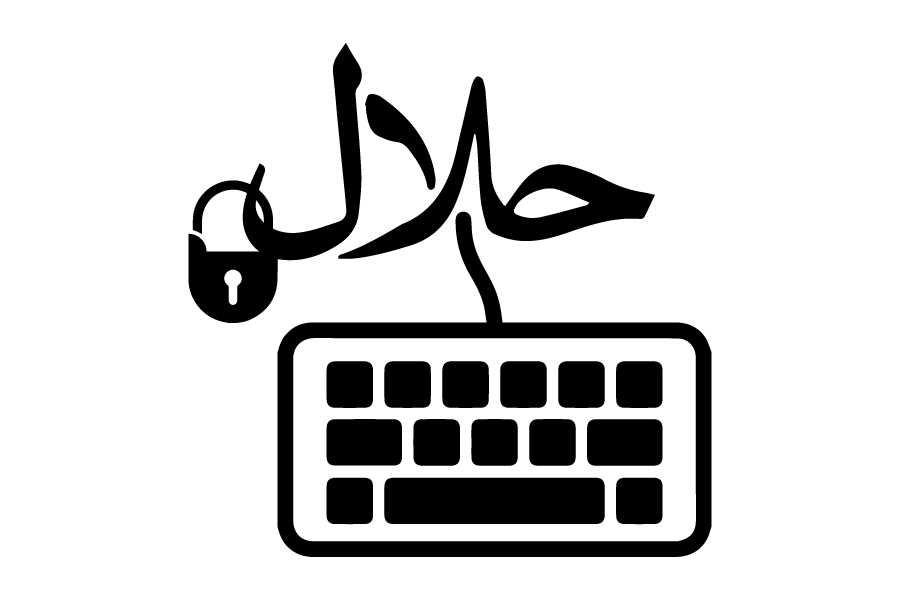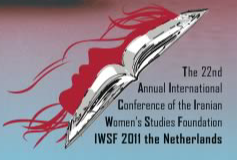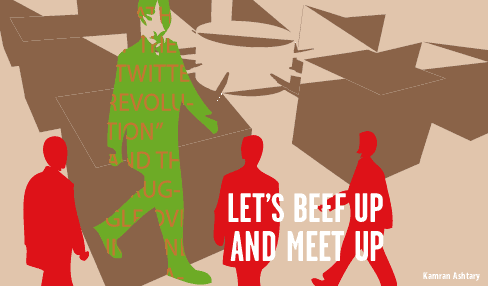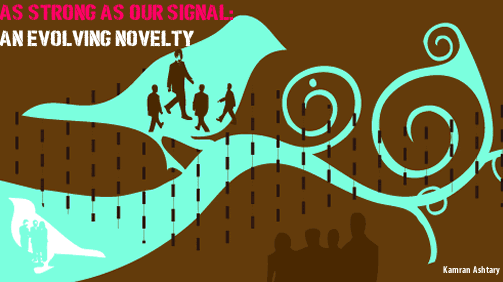May 30, 2011
The Wall Street Journal and other sources are reporting on the government of Iran's plans to create its own internet. The regime already controls the speed of its internet, keeping it artificially low. Since 2005, they have also been planning to create a closed internet, a la China and other repressive governments, with content controlled by various ministries and with separate e-commerce access.Current head of economic affairs in Iran, Ali Aghamohammadi says:“We can describe it as a genuinely ‘halal’ network aimed at Muslims on a ethical and moral level.”Read the full post.






